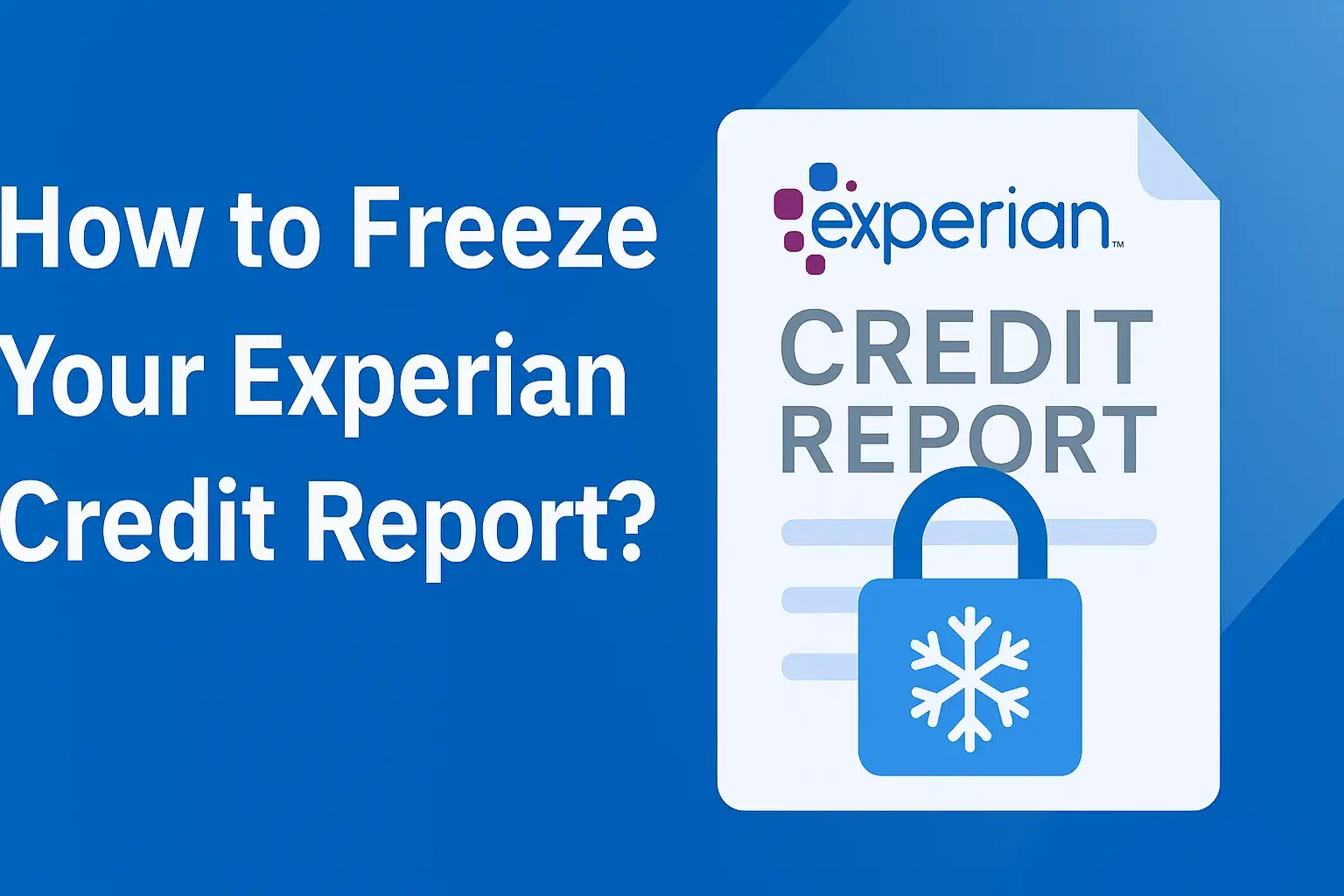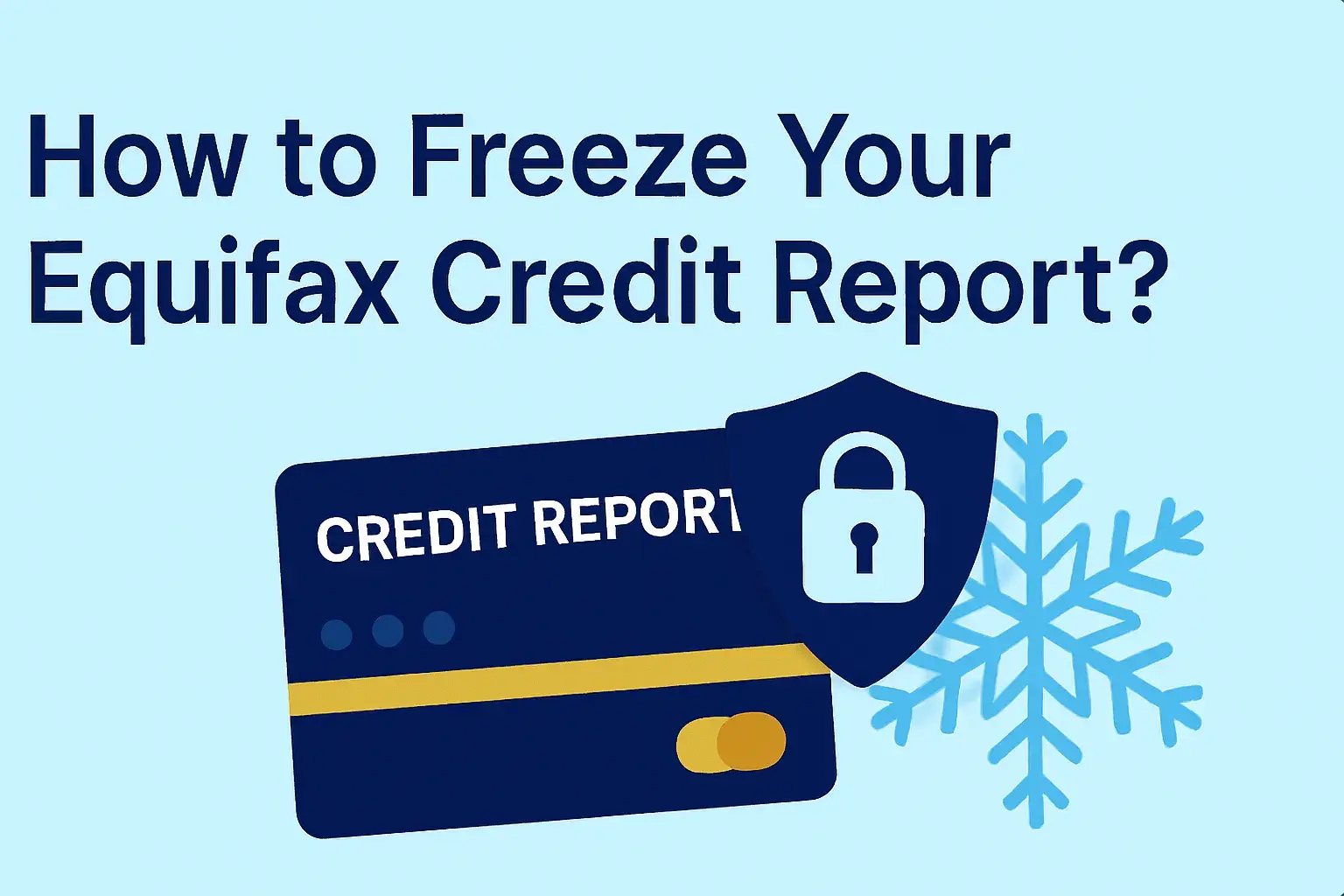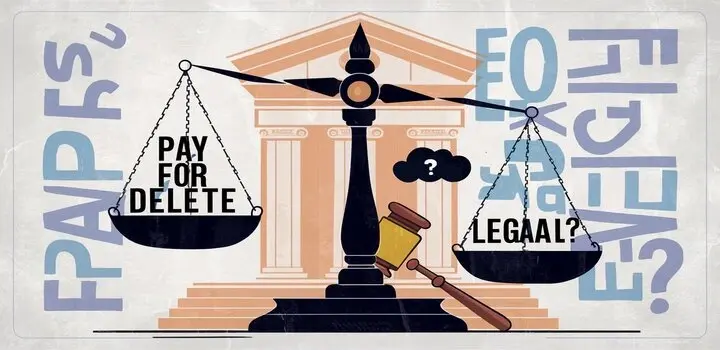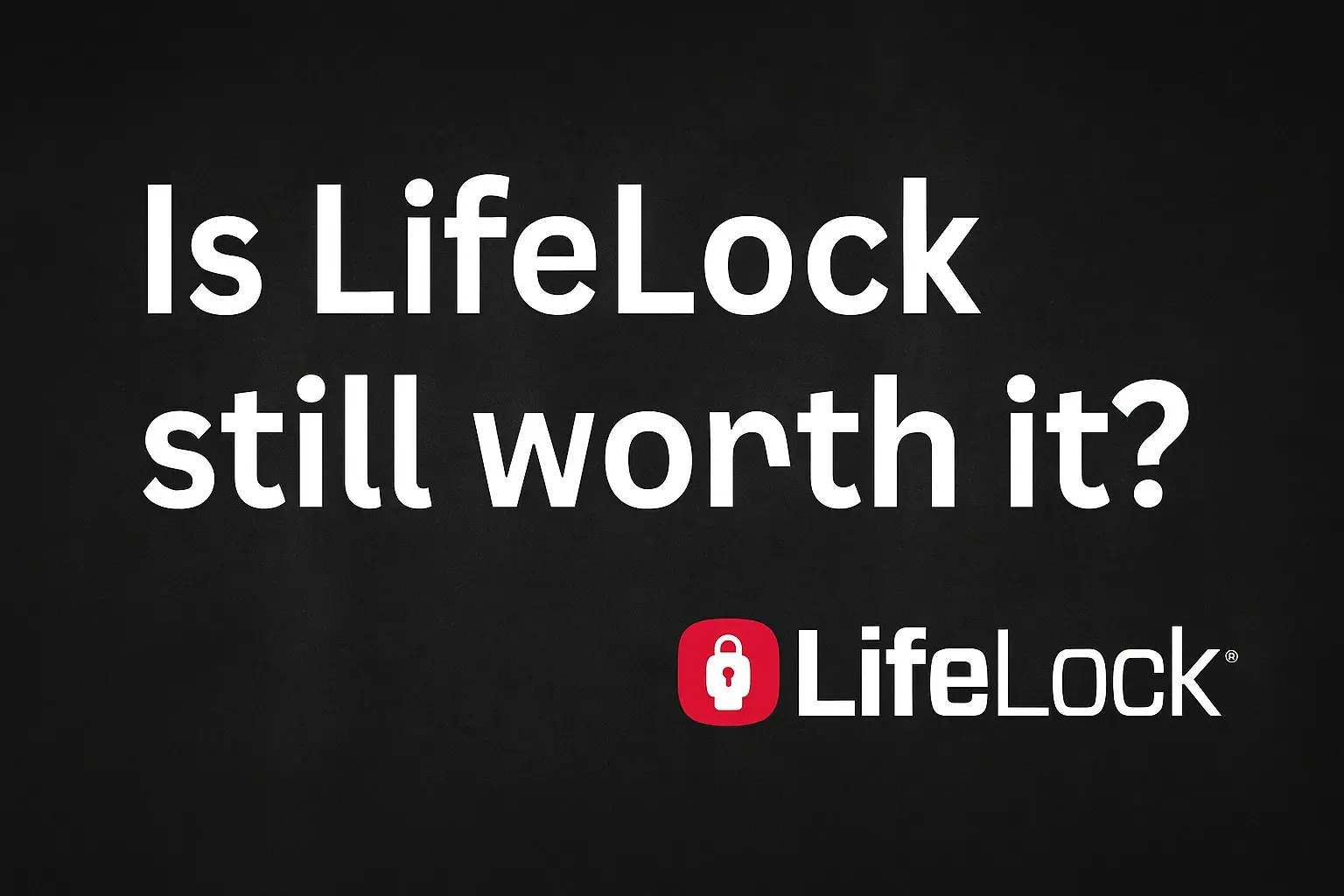-
Posted on: 25 Jul 2024
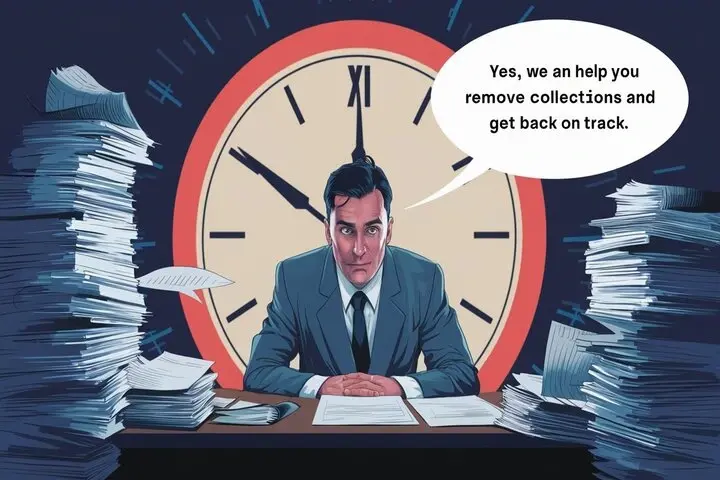
-
Lexington Law is a professional service that provides help in removing collections for their clients.
Credit collections are always a nuisance and having collections on your credit report is not a nice thing. That is when you delay paying an obligation and the initial party you owe the money to hands over the collection process to another agency. Rather they negotiate it and sell or transfer the credit to a debt collection agency that attempts to collect the amount due. This usually pulls down your credit rating and it drops it significantly.
So can Lexington Law or the other credit repair companies help delete collections from the credit report? Here, let’s take a closer look at what we are doing.
What Is Lexington Law?
Lexington Law is a well-known credit repair agency that is one of the largest in the current market. It utilizes lawyers and paralegals to fight against the unfavorable information provided on the credit reports. Some key things to know:
- Lexington Law has worked since 1991 and has assisted more than 500,000 clients to fight credit report-related problems.
- They provide three distinctive types of services to their clients based on the need and the size of the wallet.
- In addition, credit bureaux contact is handled by your dedicated personal case advisor at Lexington Law.
- In terms of dispute frequency, Lexington Law disputes on average fifteen items per bureau every 35 days.
Of all the ways that Lexington Law handles collections, one of the most common is through the use of lawyers and attorneys.
After joining the Lexington Law Firm, an expert legal advocate will study your credit reports from Equifax, Experian, and Transunion credit report. Any account that has adverse information that is questionable, or unverified, including collection accounts will be disputed with the credit bureaus.
Lexington Law has several techniques they use when disputing collections, including:
Requesting acknowledgment of the amount stated. The collection agency must make sure that you owe the money and this is through providing proof. Such failure could lead to the deletion of the collection or some features not being included in the collection.
Finding errors in the collection entry, for instance, an incorrect amount of money due or an incorrect credit company that is collecting the amount.
Claiming when there is no chance of any action to be taken due to the running of the limitation period provided for in the statute. Unfortunately, the bad news has a life expectancy of 7 years in reports.
If the credit bureau has not been able to confirm the collection account or one is inaccurate, there are high chance that it will be deleted from the credit report, increasing the credit score.
Success Rates of Collections’ Eradication
The credit score is calculated as the number of negative items on the credit report divided by the number of positive ones, and Lexington Law reports that the clients have 10.7 negative items erased from their credit report within the first four months. Several factors affect their success rate for removing specific collections accounts, including:
- The size of the debt – even small debts seem to be quite easily deleted
- When it was sent to the collection agency
- The original creditor who appears in Platt’s business case is
- State laws that deal with the period of limitation on debt
Specifically, there are indications that newer items from large creditors or government collection agencies are ranked lower by Lexington Law to delete. It is with this understanding that one can observe that medical collections tend to get taken off reports more easily.
Just remember that, as with all credit repair companies, Lexington Law can only help customers dispute the accuracy of reported collections and cannot guarantee their removal or a specific credit score boost. It will vary from one client to the other depending on their credit status. However, they do deliver on one aspect – they can successfully dispute negative items and get them removed from credit reports.
Other ways of removing collections various procedures can be used to remove collections as listed below.
While Lexington Law is great for handling the credit report dispute process on your behalf, there are a few other ways you may be able to remove collections accounts:
1. Pay for delete settlements can be discussed directly with the debt collector without the need to involve lawyers. Generally, if you are in a position to make payments to clear the collection debt, in most cases, the account can be removed from your credit profile.
2. Do not pay the collection first on your own, as there are monthly fees for Lexington Law. In writing to the credit bureaus, utilize the arguments on debt validation and the limitations of the statute as noted earlier.
3. In case the collection was made through identity theft, or fraudulent practice or the debtor is out of bankruptcy, ensure you provide proof of this when appealing against the collection made.
The Bottom Line
In a nutshell – Yes, Lexington Law can effectively assist in the deletion of collections within your reports by handling disputes with the bureaus on your behalf. Their paralegals have adequate information on how to challenge and at times have items removed when necessary.
Still, success does not depend on any particular circumstances. This may be done by preventing new collection accounts from being reported on in the future in addition to beneficial pay for deletion as well as goodwill deletion negotiations on existing debts also helps with credit report cleansing.
Don't let bad credit hold you back—contact us at (888) 803-7889 now!

